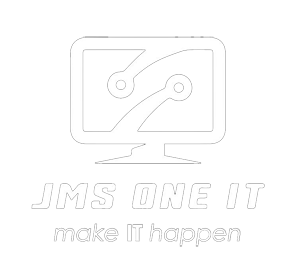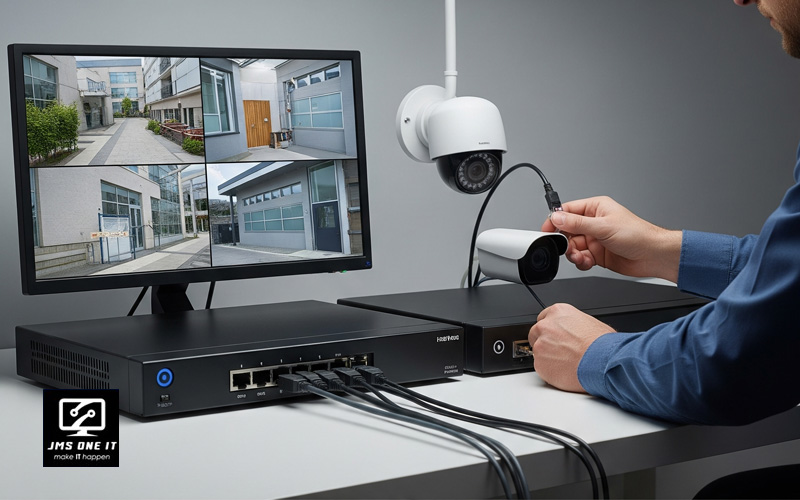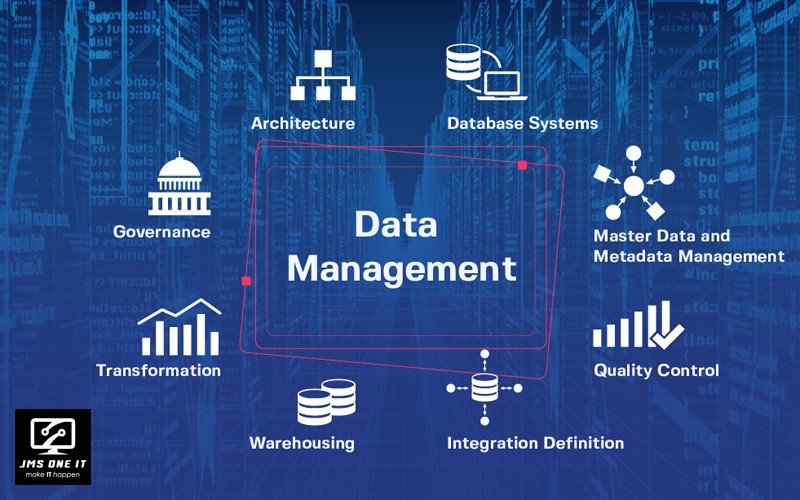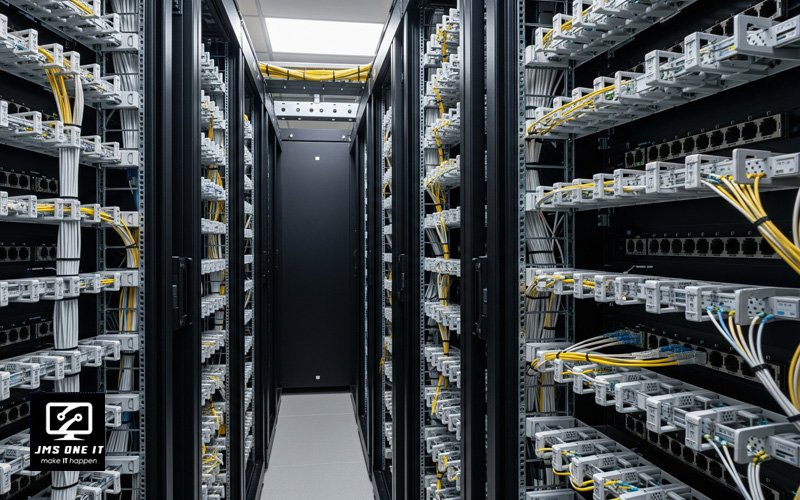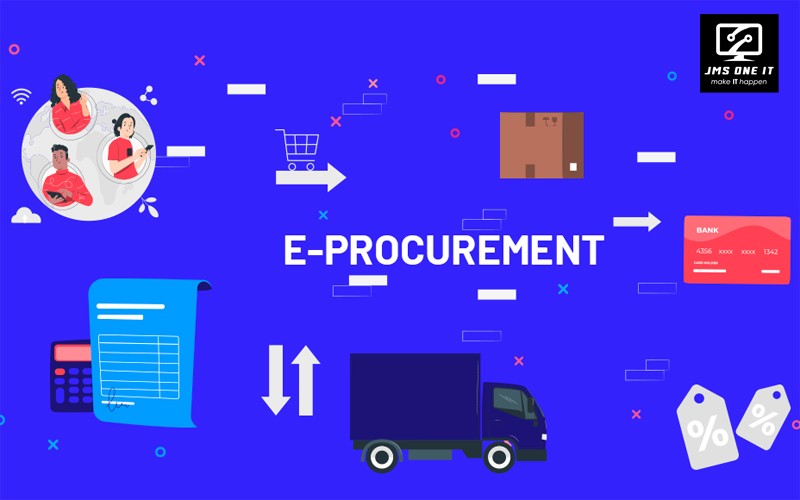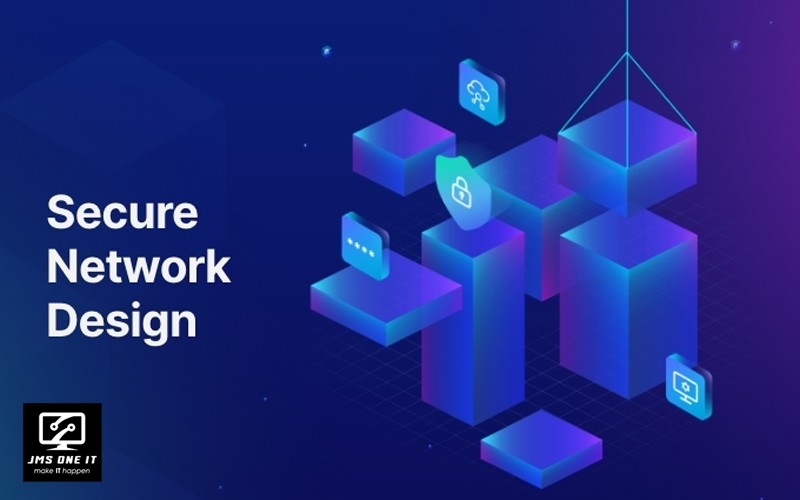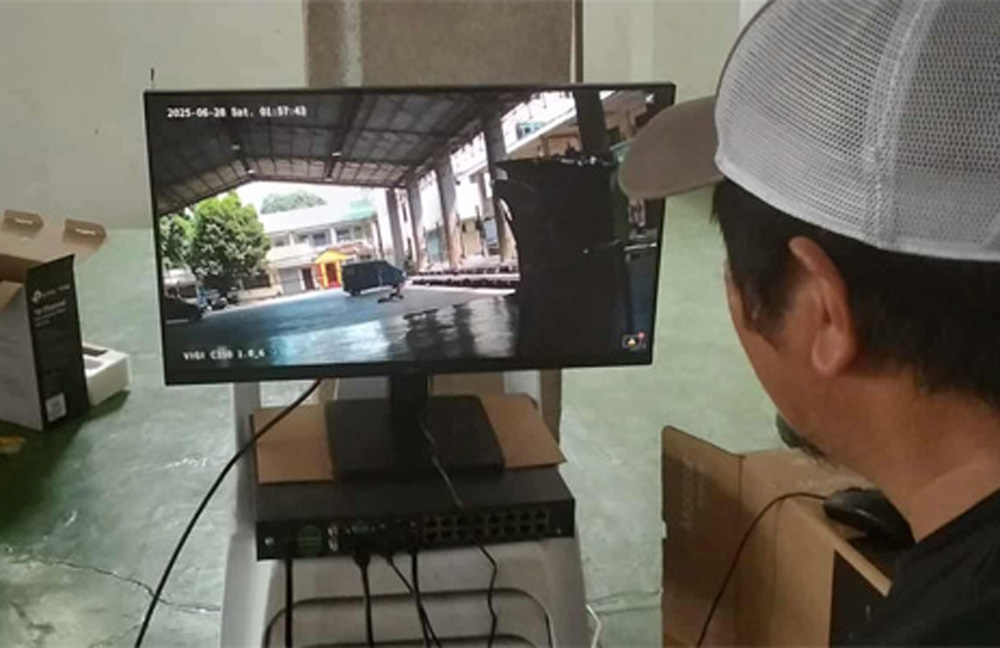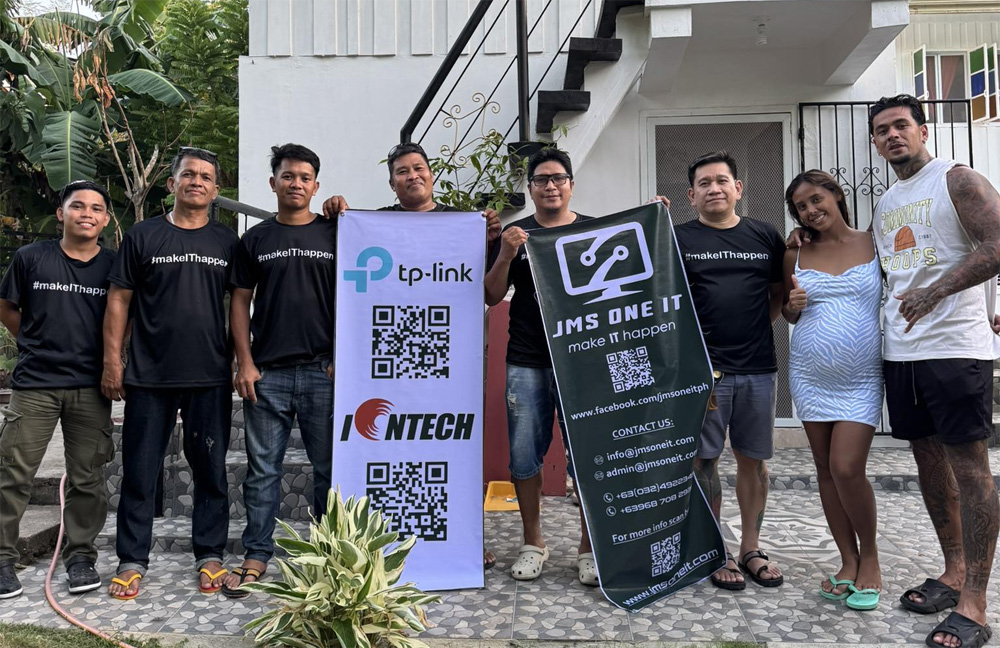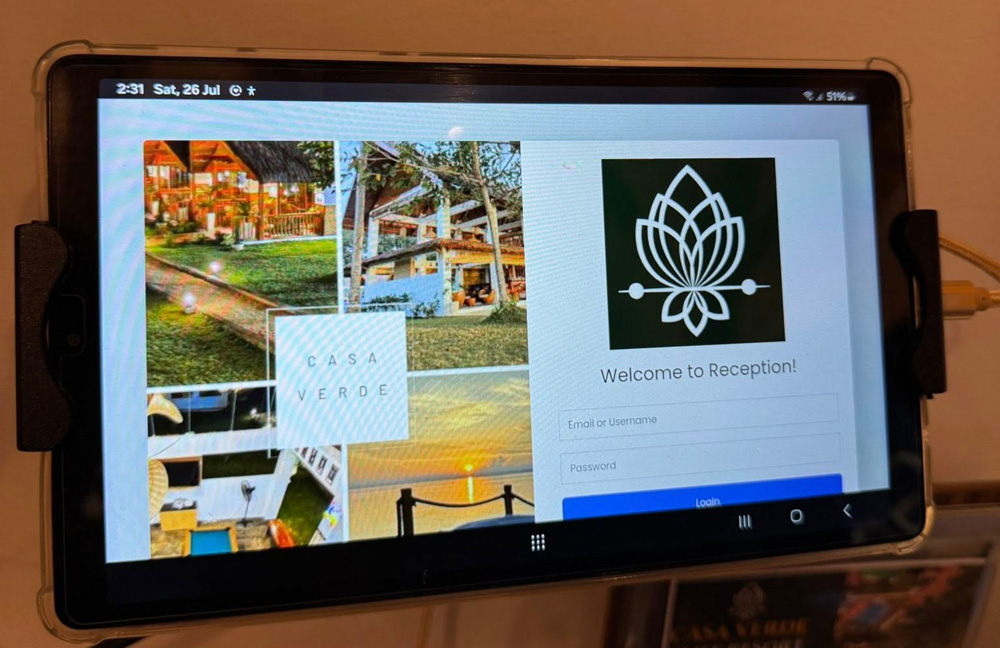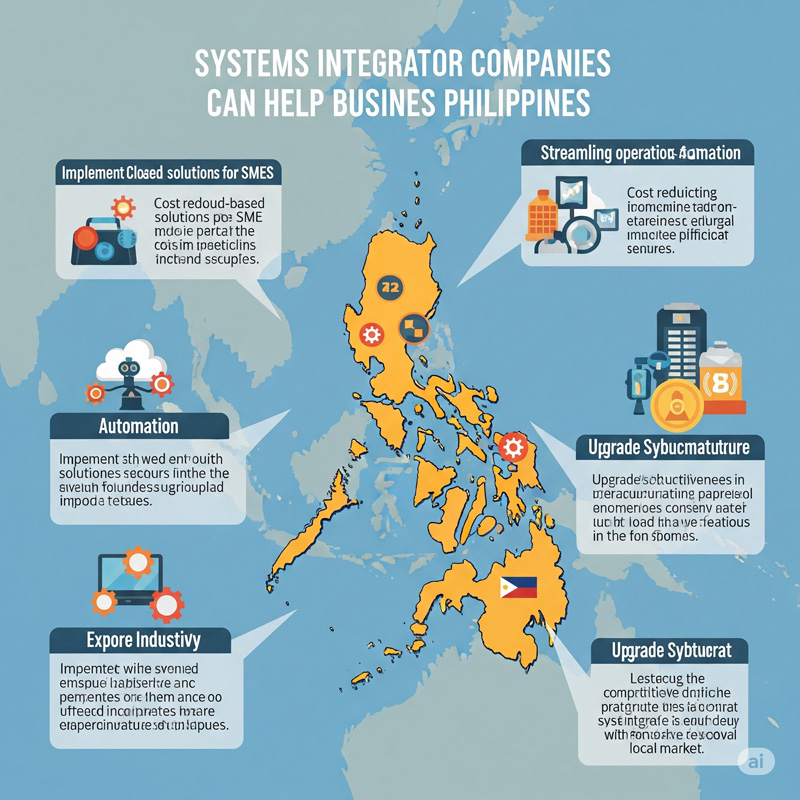 July 11, 2025 - BY Admin
July 11, 2025 - BY Admin
How Systems Integrator Companies Can Help Local Businesses in the Philippines
The Philippines is experiencing a digital transformation wave, with businesses of all sizes recognizing the need to modernize their operations to remain competitive. At the heart of this transformation are systems integrator companies—specialized firms that bridge the gap between business needs and technology solutions. For local Filipino businesses, partnering with the right systems integrator can mean the difference between thriving in the digital economy and being left behind.
Understanding Systems Integration in the Philippine Context
Systems integration involves combining different computing systems, software applications, and hardware components to work together as a unified, efficient whole. In the Philippines, where businesses often operate with legacy systems alongside newer technologies, this process becomes particularly crucial. Local companies frequently find themselves with disconnected systems that don't communicate effectively, leading to operational inefficiencies and missed opportunities.
A systems integrator acts as both translator and architect, understanding the unique challenges faced by Filipino businesses while designing solutions that align with local market conditions, regulatory requirements, and cultural considerations.
Key Ways Systems Integrators Support Philippine Businesses
Modernizing Legacy Infrastructure
Many established Filipino businesses still rely on outdated systems that were implemented years or even decades ago. These legacy systems, while functional, often create bottlenecks that limit growth and adaptability. Systems integrators help businesses gradually modernize their infrastructure without disrupting daily operations.
For example, a traditional retail chain with manual inventory tracking can be transitioned to an automated, cloud-based system that provides real-time stock levels across multiple locations. This transformation not only improves efficiency but also provides valuable data insights that inform business decisions.
Enabling Digital Commerce and Online Presence
The rise of e-commerce in the Philippines has created both opportunities and challenges for local businesses. Systems integrators help traditional brick-and-mortar stores establish robust online presence by integrating e-commerce platforms with existing point-of-sale systems, inventory management, and customer relationship management tools.
This integration ensures that whether a customer purchases online or in-store, the experience is seamless and inventory is accurately tracked across all channels. For Filipino businesses looking to tap into the growing online market, this unified approach is essential.
Improving Financial Management and Compliance
Philippine businesses must navigate complex regulatory requirements, from Bureau of Internal Revenue (BIR) compliance to Bangko Sentral ng Pilipinas (BSP) regulations for financial institutions. Systems integrators develop solutions that automatically handle compliance reporting, tax calculations, and regulatory submissions.
By integrating accounting systems with automated compliance tools, businesses can reduce the risk of errors and penalties while freeing up staff to focus on core business activities rather than administrative tasks.
Enhancing Customer Service and Relationship Management
Filipino culture places high value on personal relationships and customer service. Systems integrators help businesses leverage technology to strengthen these relationships rather than replace them. Customer relationship management (CRM) systems integrated with communication platforms allow businesses to maintain personal touch while scaling their operations.
Local businesses can track customer preferences, purchase history, and communication across multiple channels, enabling more personalized service that resonates with Filipino consumers' expectations.
Industry-Specific Solutions for Philippine Businesses
Manufacturing and Production
The Philippines' manufacturing sector benefits significantly from systems integration. Integrators help connect production line equipment with inventory management, quality control systems, and supply chain management platforms. This integration provides real-time visibility into production processes, helping manufacturers optimize efficiency and reduce waste.
For original equipment manufacturers (OEMs) and suppliers serving global markets, integrated systems ensure they can meet international quality standards while maintaining cost competitiveness.
Healthcare and Medical Services
Philippine healthcare providers face unique challenges in delivering quality care while managing costs. Systems integrators help hospitals and clinics integrate patient management systems, electronic health records, billing systems, and medical equipment monitoring platforms.
This integration improves patient care coordination, reduces administrative burdens, and ensures compliance with Department of Health regulations while maintaining patient privacy and data security.
Financial Services and Banking
The Bangko Sentral ng Pilipinas has been pushing for greater financial inclusion and digitalization in the banking sector. Systems integrators help financial institutions integrate core banking systems with mobile platforms, payment gateways, and digital wallet solutions.
These integrations enable Filipino banks and financial service providers to offer innovative products like mobile banking, digital loans, and cashless payment solutions that serve the largely unbanked population.
Agriculture and Food Processing
Agriculture remains a vital sector in the Philippine economy. Systems integrators help agribusinesses integrate farm management systems with supply chain platforms, enabling better tracking of produce from farm to table. This integration supports food safety requirements and helps farmers access better markets through improved traceability.
Overcoming Common Implementation Challenges
Budget Constraints and Cost Management
Many Filipino businesses operate with limited IT budgets, making large-scale system overhauls seem impossible. Experienced systems integrators address this by proposing phased implementation approaches that spread costs over time while delivering immediate value.
Cloud-based solutions and software-as-a-service (SaaS) models allow businesses to access enterprise-grade systems without significant upfront investments in hardware and infrastructure.
Skills Gap and Training Requirements
The shortage of skilled IT professionals in the Philippines can make technology adoption challenging. Systems integrators provide comprehensive training programs and ongoing support to ensure local staff can effectively use and maintain integrated systems.
Many integrators also offer managed services, handling system maintenance and updates remotely, which allows businesses to focus on their core operations while ensuring their technology infrastructure remains current and secure.
Internet Connectivity and Infrastructure Limitations
While internet connectivity in the Philippines has improved significantly, some areas still face challenges with bandwidth and reliability. Systems integrators design solutions that account for these limitations, incorporating offline capabilities and data synchronization features that ensure business continuity even during connectivity issues.
The Strategic Value of Local Systems Integrators
Understanding Philippine Business Culture
Local systems integrators possess deep understanding of Filipino business culture, including the importance of personal relationships, consensus-building decision-making processes, and hierarchical organizational structures. This cultural awareness enables them to design solutions that align with how Filipino businesses actually operate.
Navigating Regulatory Landscape
Philippine regulations can be complex and frequently changing. Local systems integrators stay current with regulatory requirements and ensure that integrated systems maintain compliance with local laws and industry standards.
Providing Ongoing Support in Local Context
Time zone alignment, language compatibility, and cultural understanding make local systems integrators ideal partners for ongoing support and maintenance. When issues arise, businesses can communicate directly with support teams who understand their specific challenges and business environment.
Future Opportunities and Trends
Artificial Intelligence and Machine Learning Integration
As AI and machine learning technologies become more accessible, systems integrators are helping Filipino businesses incorporate these capabilities into their operations. From automated customer service chatbots to predictive maintenance systems, AI integration is creating new opportunities for efficiency and innovation.
Internet of Things (IoT) and Smart Business Solutions
The growing availability of IoT devices is creating opportunities for businesses to collect and analyze data from their physical operations. Systems integrators help businesses connect IoT sensors with existing systems to provide insights into everything from energy consumption to equipment performance.
Cybersecurity Integration
As businesses become more digital, cybersecurity becomes increasingly critical. Systems integrators are incorporating security measures into every aspect of their solutions, ensuring that integrated systems protect sensitive business and customer data.
Making the Right Choice
Evaluating Systems Integrator Capabilities
When selecting a systems integrator, Filipino businesses should consider factors beyond just technical expertise. The ideal partner should demonstrate understanding of local business challenges, regulatory requirements, and cultural considerations.
Look for integrators with proven track records in your industry, strong references from similar businesses, and clear communication about project timelines, costs, and expected outcomes.
Building Long-term Partnerships
Systems integration is not a one-time project but an ongoing relationship. The best outcomes come from partnerships where the integrator becomes a trusted advisor, helping businesses adapt their technology infrastructure as they grow and market conditions change.
JMS ONE IT: Your Trusted Systems Integration Partner
When it comes to choosing a systems integrator in the Philippines, JMS ONE IT stands out as a premier partner for businesses looking to accelerate their digital transformation. With deep expertise in Philippine business operations and a proven track record of successful implementations, JMS ONE IT offers comprehensive solutions tailored to the unique needs of Filipino enterprises.
Whether you're a small family business or a large corporation, JMS ONE IT designs solutions that grow with your business, providing the flexibility to add new features and capabilities as your needs evolve. We don't just implement systems and walk away. JMS ONE IT builds long-term partnerships, serving as your ongoing technology advisor and helping you adapt to changing market conditions and emerging opportunities.
Don't let your competitors gain the digital advantage. The time to act is now. JMS ONE IT is ready to partner with you on your digital transformation journey, providing the expertise, support, and solutions you need to unlock your business's full potential.
Ready to get started? Contact JMS ONE IT today for a free consultation and discover how our systems integration solutions can accelerate your business growth.
📞 Call us: +639687082936
📧 Email us: info@jmsoneit.com
📍 Meet in person: Call us to schedule for a site visit.

